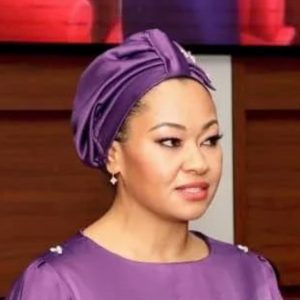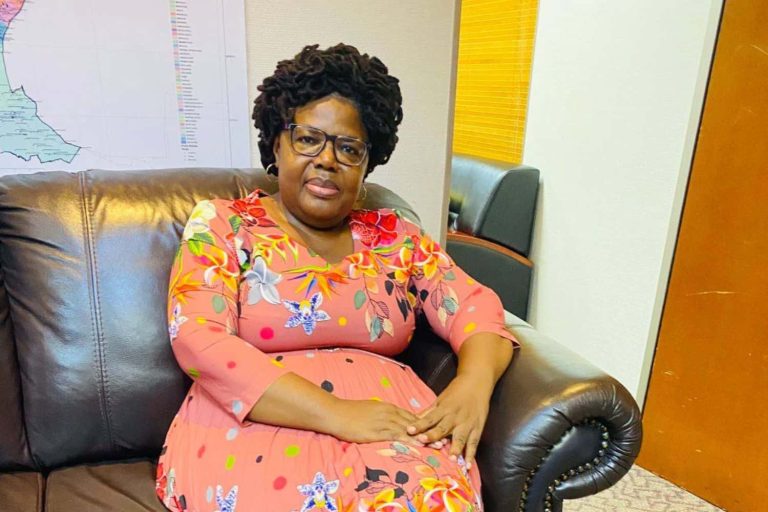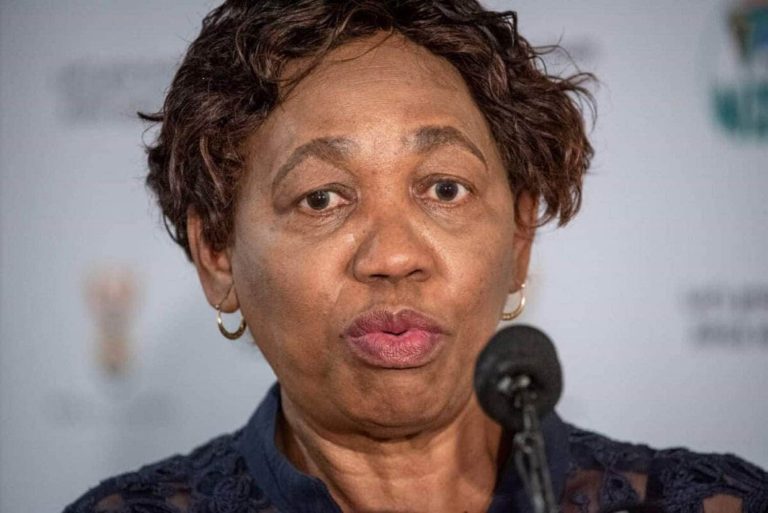
The Federal High Court sitting in Abuja has slated November 24 to hear the six-count cybercrime charge the Federal Government preferred against the Senator representing Kogi Central, Natasha Akpoti-Uduaghan.
Trial Justice Mohammed Umar gave a fresh date after the case was stalled by the wave of protests that disrupted court activities on Monday.
The Federal Government, in the charge marked: FHC/ABJ/CR/195/2025, alleged that Senator Akpoti-Uduaghan made false assassination claim that violated the cybercrime law.
The defendant was said to have made an allegation that some politicians opposed to her were plotting to assassinate her.
According to the Federal Government, the lawmaker committed the alleged crime when she addressed her supporters in Kogi State and on April 3, during a live broadcast on Channels Television’s Politics Today.
She was specifically accused of naming the Senate President, Godswill Akpabio, and a former governor of Kogi State, Yahaya Bello, as participants in the meeting where the plot to eliminate her was hatched.
The Federal Government told the court that the defendant insisted that both Akpabio and Bello agreed that she should be eliminated in Kogi State under circumstances that would appear as a mob action.
She was accused of causing the false allegation to be transmitted, knowing it would harm the reputation of both Senator Akpabio and ex-governor Bello, thereby committing an offence punishable under section 24(2) (c) of the Cybercrime (Prohibition, Prevention, etc) Amendment Act, 2024.
However, the lawmaker, who was arraigned before the court on June 30, pleaded her innocence to the charge, even as she was granted bail on self-recognition.
More so, the defendant, through her team of lawyers led by Ehiogie West-Idahosa, SAN, filed a preliminary objection to challenge the jurisdiction of the court to entertain the case.
The objection centred on alleged abuse of the prosecutorial powers of the Attorney General of the Federation, AGF, and Minister of Justice.
Besides, the defence counsel complained that the prosecution failed to serve him with copies of full statements of the proposed witnesses.
He contended that section 36 of the 1999 Constitution, as amended, made it compulsory that the defendant must be served with the proof of evidence to enable her to effectively prepare her defence to the charge.
On his part, the Federal Government’s lawyer, David Kaswe, told the court that his witnesses were ready to appear before it to testify in the matter.
The prosecution counsel argued that Senator Akpoti-Uduaghan’s objection was not sufficient to stall the scheduled commencement of the trial.
He, therefore, urged the court to allow the Federal Government to open its case, insisting the court has the requisite jurisdiction to hear the cybercrime charge.



